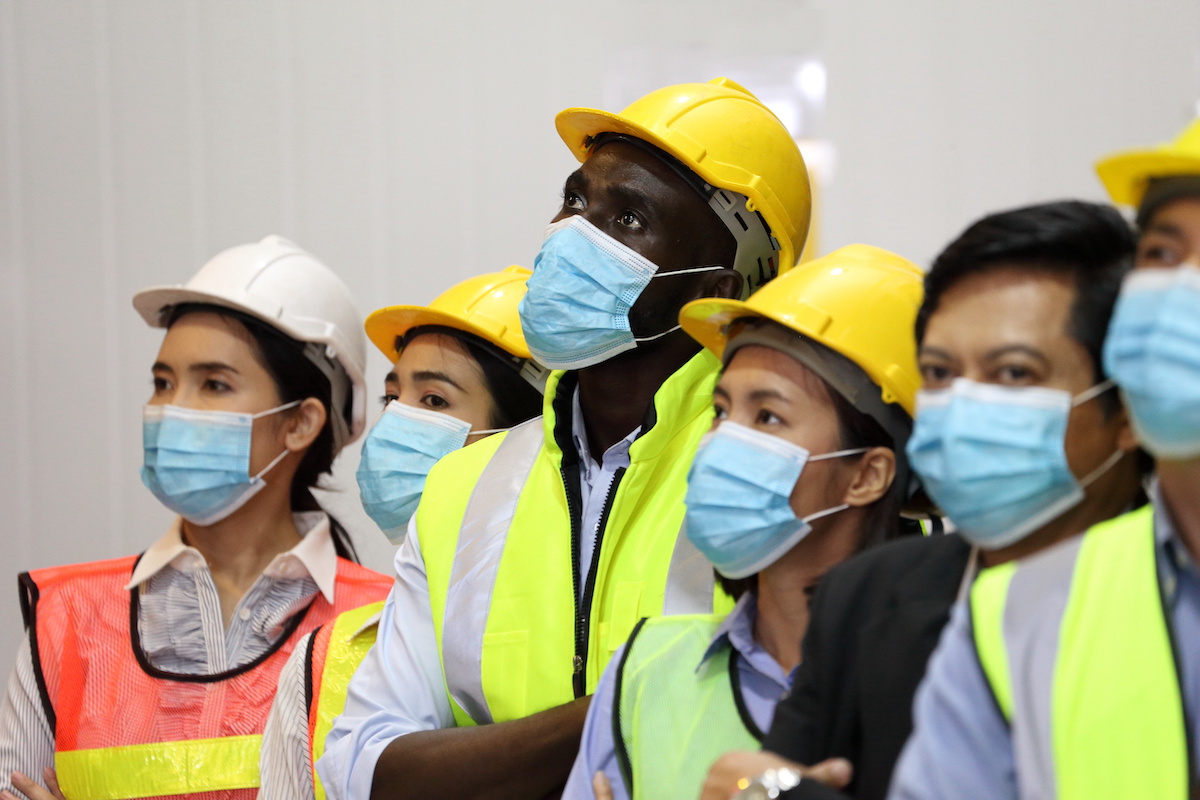Delta variant outbreaks have caused masking ordinances and vaccine mandates to return, but requirements vary business to business. Many are revisiting their requirements and reinstituting masks for employees regardless of vaccination status, such as Target, and some have required vaccines for employees working in person, such as Microsoft. One attorney says it’s been challenging for many employers who struggle to keep up with the rate of COVID developments and mandates. Another attorney told HR Dive that employers should update policies in writing, making it as clear as possible, and consider making the appointment in person or in a meeting. They key is consistent enforcement of policies.
The rise of vaccine requirements
The trend of vaccination mandates instituted by employers follows a few major developments, Blue said, including the May updated technical assistance issued by the U.S. Equal Employment Opportunity Commission. But recent court decisions have provided legal support, Blue added, including one ruling upholding a Texas hospital's mandate. In July, a federal judge also blocked a lawsuit challenging Indiana University's requirement that students be vaccinated before returning to campus in the fall, NPR reported.
"Many companies would still prefer to not require vaccination unless it's necessary to resume operations and keep their workforce healthy," Blue said. "That said, having some companies adopt mandatory vaccination policies makes it easier for others to take the same action."
Employers considering a mandate need to think about the factors impacting their specific workplaces, Schneider said.
For example, they may need to consider whether their workplaces are communal, and whether they permit employees to safely socially distance. They also may need to consider whether their workforce consists of those who are at a particular risk for contracting COVID-19 or experiencing serious symptoms, such as older workers or those with known health conditions.
Workers who are part of a union may be subject to an employment agreement or collective bargaining agreement that impacts the situation, Conrad Kennedy said.












